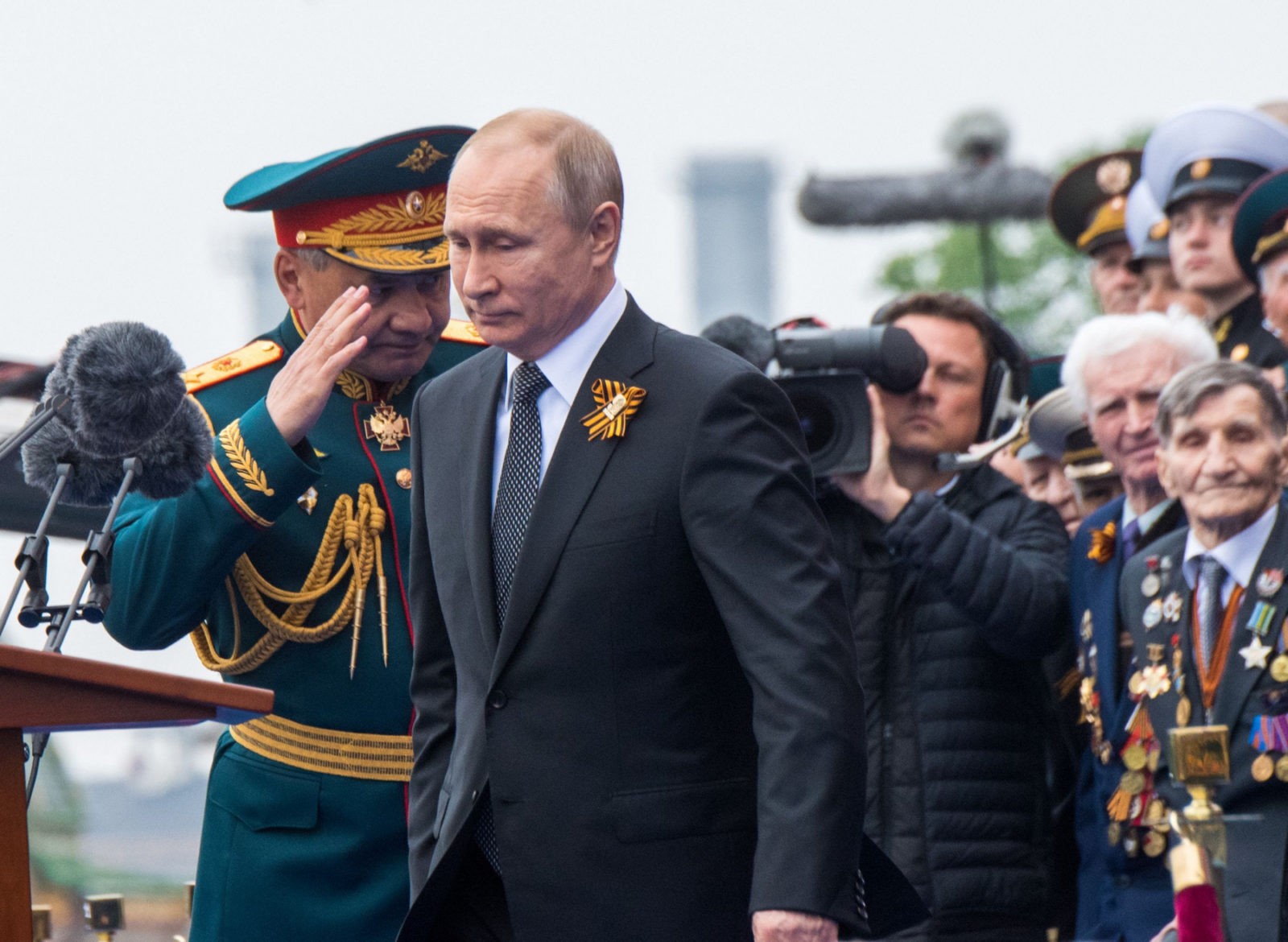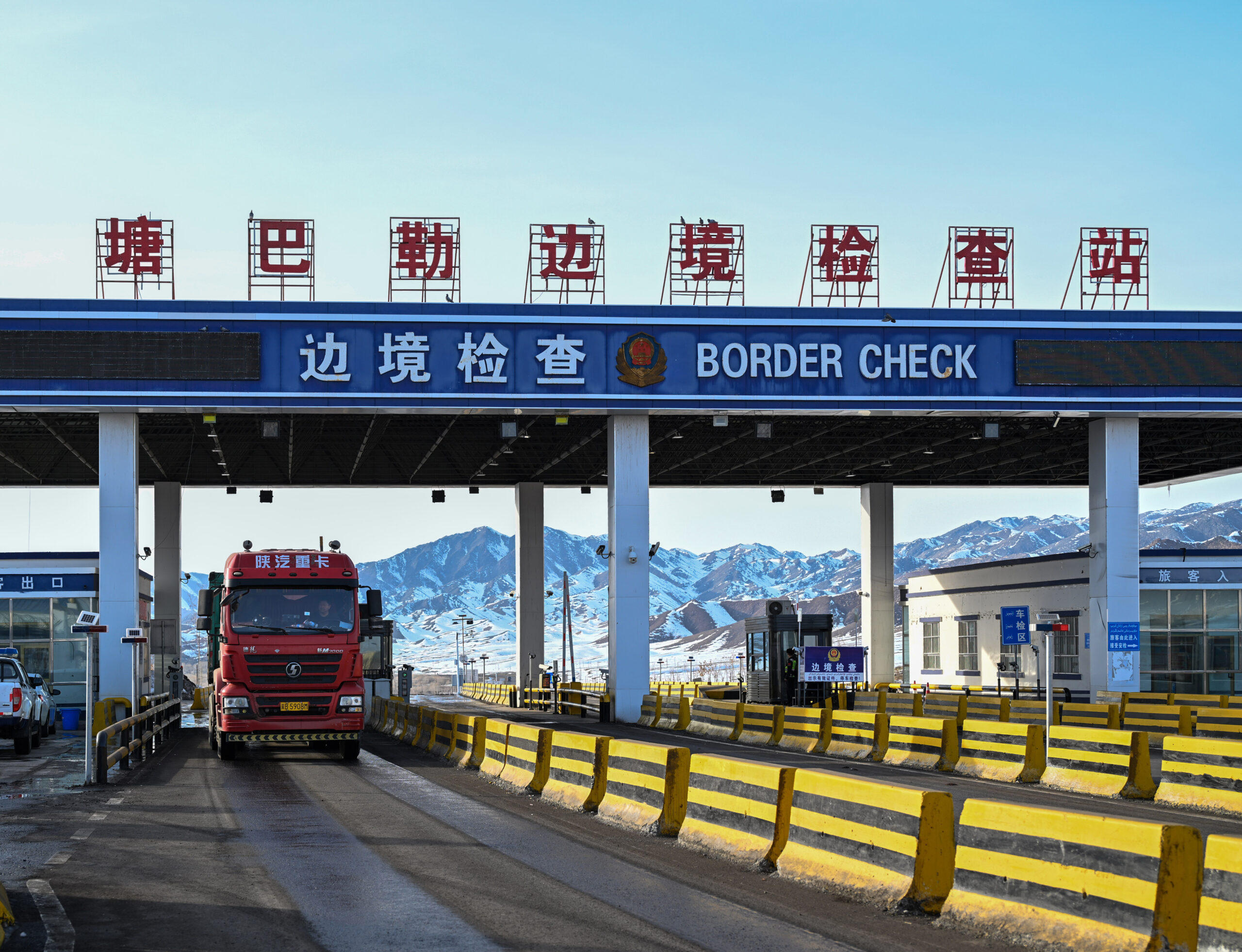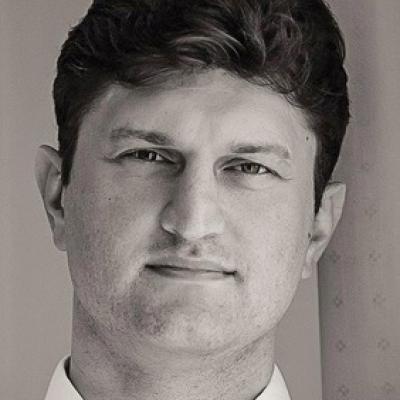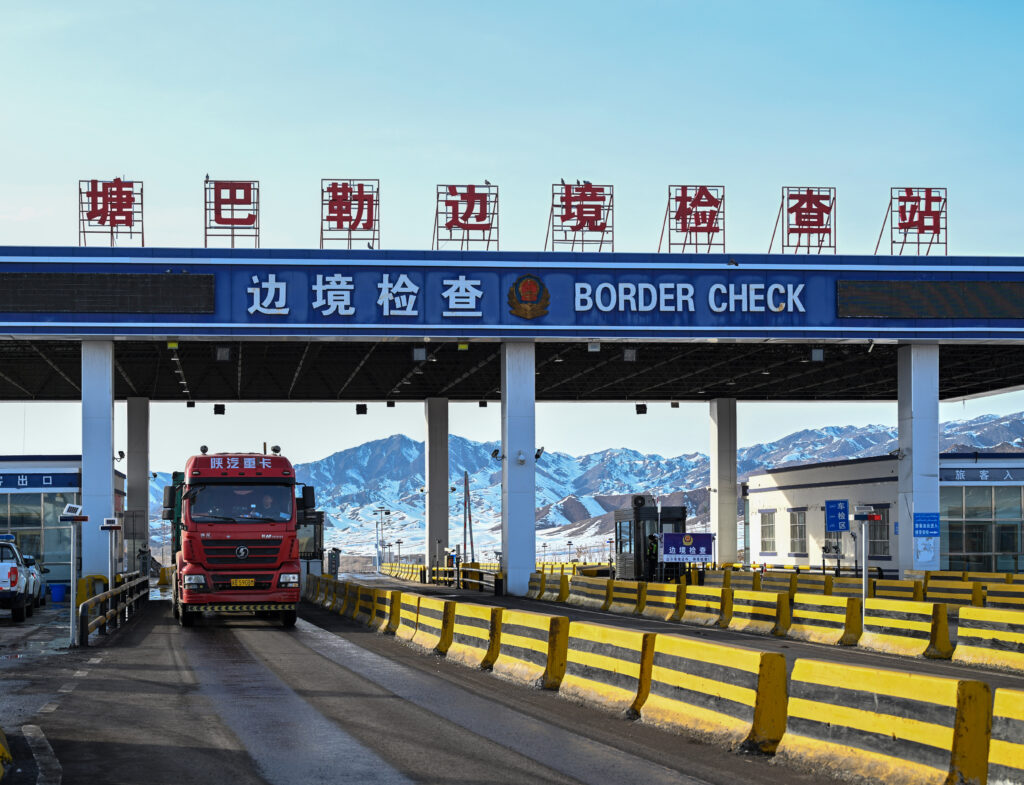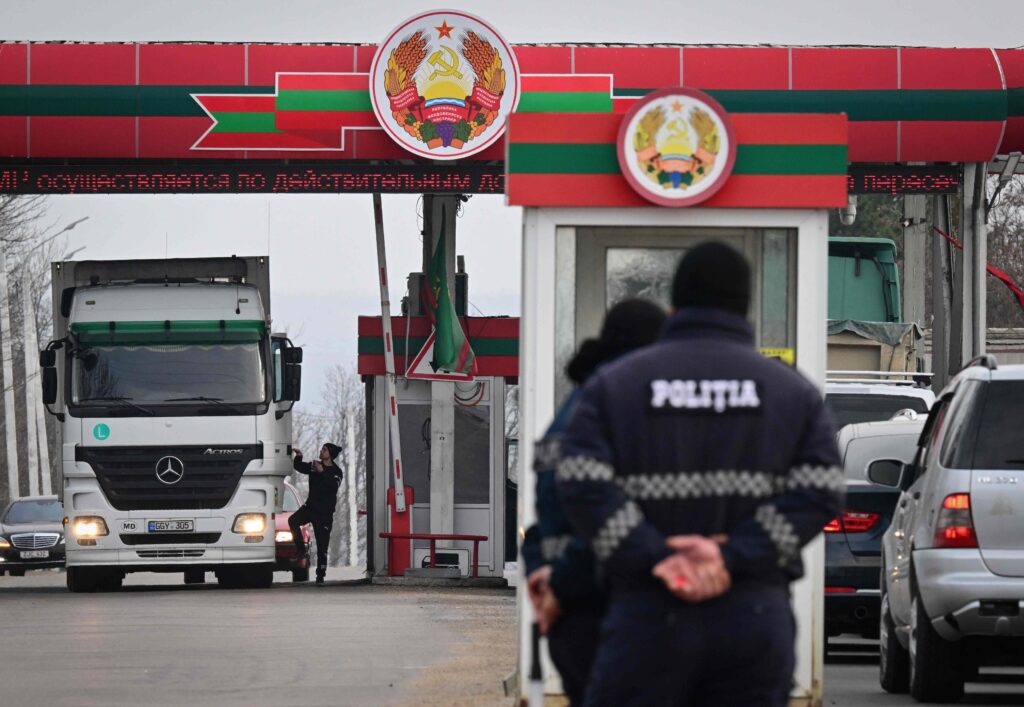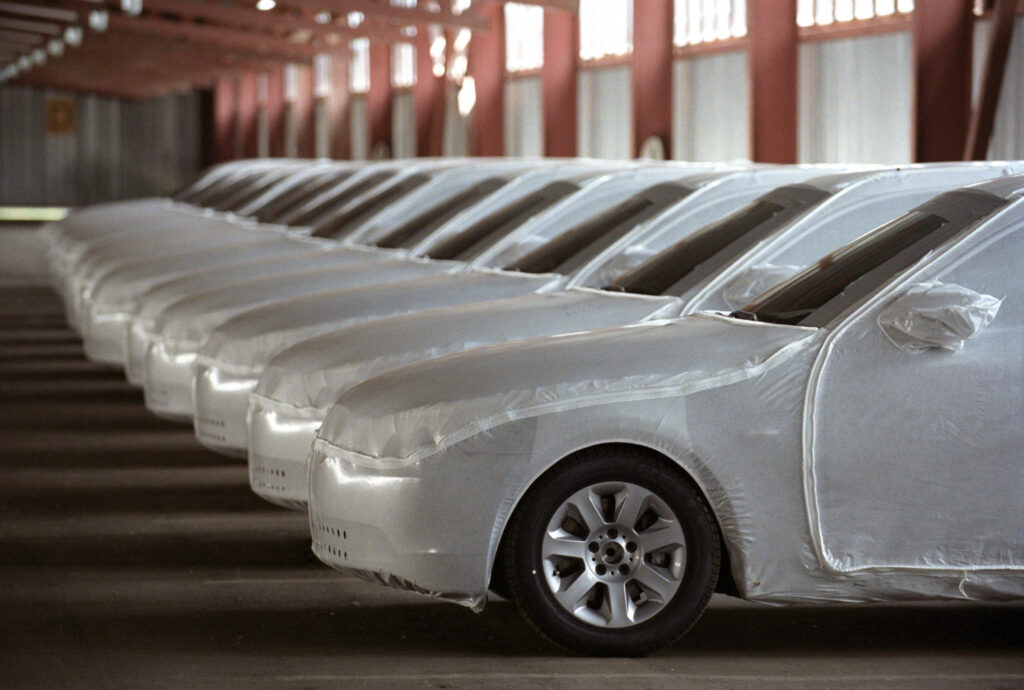On the eve of the Catholic Christmas, Vladimir Putin gave Warsaw an unpleasant “present.” He made three public statements within five days, claiming the Polish pre-war government was partially responsible for unleashing World War II. In fact, Putin accused Poland of collusion with Hitler driven by expansionism, anti-Semitism and hostility towards the Soviet Union. In his almost one-hour-long “lecture” for eight heads of post-Soviet states, the Russian president mentioned Poland 1.5 times more often than Hitler’s Germany. His speeches on the subject climaxed with an insulting tirade against one of the most prominent Polish diplomats of that time, Józef Lipski.
Putin clearly wanted to provoke Poland. And he succeeded: his rather free interpretation of history raised a storm of indignation among the Polish public. Prominent historians, journalists, diplomats, as well as top government officials joined the in absentia dispute with the Russian President. Prime Minister Mateusz Morawiecki even accused Putin of lying.
There is already a whole array of hypotheses on why Putin decided to affix propaganda stamps of the Soviet era to Warsaw. This is mostly explained by referring to the Russian leader’s personal revenge for how over the past six months the Polish government failed to invite him to the 80th anniversary of the outbreak of World War II. Or, to the 75th anniversary of the liberation of the Auschwitz concentration camp. Well, there is hardly any room for personal feelings in big politics. Moreover, after the annexation of the Crimea, many commemorative events were held without Putin’s presence, each time without the Russian leader’s rudeness targeted against the organisers. For example, in 2019, the 75th anniversary of the landing of the allied forces in Normandy was commemorated without Putin. So what was the real reason for the Russian president’s indignation?
Resolution of discord
The formal reason for Putin’s long historical disquisitions was the European Parliament’s resolution of 19 September 2019 on the importance of European memory for the future of Europe. At first glance, it seems that compared to previous resolutions of PACE, OSCE PA and also the European Parliament, the recent resolution does not contain anything particularly new. All such resolutions traditionally condemn the criminal practices of totalitarian regimes and the Molotov-Ribbentrop Pact. However, this document is unique because it is the first open declaration at the European level linking the signing of the Molotov-Ribbentrop Pact with the beginning of World War II. In other words, both Nazi Germany and the Stalin’s USSR are held responsible for the horrors experienced by the population of our continent.
The Russian president was well aware of this document. He formulated his attitude towards the resolution as early as October, at a meeting of the Valdai discussion club. Commenting on the resolution, Putin emotionlessly and routinely accused the European Parliament of manipulating facts and of cynicism. But why did Putin return to this issue two months later, in December? Why did he make Poland the main target of his attacks? After all, the resolution was not adopted by that country alone, but by 535 MEPs from most EU member states? What is behind Putin’s rhetoric?
Everything for the Victory Parade
Interestingly, Putin gave an exhaustive speech about the causes of World War II at an informal CIS summit. The gathering was to prepare for the celebration of the 75th anniversary of victory in the Great Patriotic War, which will be held in May 2020. During the Putin era, the holiday of 9 May has played an important role in legitimising the authoritarian political regime and consolidating Russians around the leader. Once in every five years, the Victory Day celebrations are held on a grand scale; the participation of foreign heads of state is mandatory. Their presence confirms, in a way, the status of Putin’s Russia as a great power; it justifies the Russian historical narrative, where Stalin and the Soviet Union are presented only in a positive light. Besides, such events support the Cold War phobia among the older generation of Western politicians. When they look at Russia, they see the USSR. The Kremlin plays with it skilfully, cleverly selling non-existent threats to the West.
For this reason, the number of top-level foreign delegations in Moscow on 9 May is of primary importance. In 2005, a total of 53 heads of state and government attended the celebrations of the 60th anniversary of the Victory. At that time, the refusal of the heads of Estonia and Lithuania to join the celebrations in Moscow was resonant. The two leaders explained that the victory for their countries came not in 1945 but 45 years later, when the Soviet occupation ended. However, the impressive list of international guests made their absence almost invisible. With this, the Kremlin was sending a message: history is written by winners; winners are not judged; the world will have to deal with Russia, no matter what. Only one member of the EU Commission, Günter Verheugen, showed solidarity with the Baltic States at the time. The Kremlin press called him a “white crow” (i.e. an odd duck). The emphasis was put instead on how the EU Commission President Jose Manuel Barroso agreed to come to Moscow, joined with several other EU commissioners: Benita Ferrero-Waldner, Peter Mendelssohn and Javier Solana.
However, over the last 15 years of Putin’s rule, Russia has lost much of its influence on international affairs, even though it has managed to create numerous security problems not only for Ukraine and Georgia, but also for the USA, Germany, the UK and other countries. This has undermined attendance at the traditional celebrations in Moscow. In 2015, only 21 heads of state attended. Not too many world leaders are willing to attend the upcoming parade on Red Square. Under these circumstances, it is important for Putin to at least maintain discipline among the leaders of CIS countries. Victory Day is a rare opportunity for Putin to gather the world’s political elites in Moscow and show that Russia is not merely a regional power (as Barack Obama once said), but a great country with global interests.
Kremlin’s trump cards
One of Putin’s main goals is to support and reinforce the differences among Western countries. That is a way of preventing a consolidated foreign policy towards Russia and to increase room for manoeuvre under sanctions. From this point of view, Poland is an ideal target. Since the Law and Justice (PiS) party came to power in 2015, the international image of Poland has noticeably deteriorated. Poland’s leaders engaged in needless conflicts with several of its partners at once. The confrontation with Brussels over the reform of the Polish justice system has continued for several years. It prompts the European Commission into accusing Poland of violating fundamental democratic principles. Relations with Germany have been poisoned by demands for reparation for damages inflicted during World War II.
It seems the Kremlin has decided to use all these hiccups to undermine the significance of the EP resolution adopted on 19 September 2019. Putin wanted to be answered at the highest levels in Warsaw. He wanted to show that while the Polish-led resolution had been adopted by an overwhelming majority of the members of the European Parliament, the rest of Europe’s leaders did not support its content. And while the European Commission fully supported Mateusz Morawiecki in his dispute with Putin, not a single leader of EU member states has addressed the topic.
Polish historians compare Putin’s arguments with the way Stalin presented the beginnings of World War II. But there is one key difference: in Soviet times, Poland, as a rule, was not accused of anti-Semitism. Meanwhile, by repeatedly invoking the well-known report of Ambassador Józef Lipski dated 20 September 1938 in his speeches, the Russian president demonstrated his clear intention to play this card against Warsaw. By co-opting the struggle against anti-Semitism in Poland, Putin wants to soften the attitudes among the world’s political elites to his adventurist steps in foreign policy and legitimise their consequences. Fortunately for him, the Polish government with its tactical mistakes creates conducive conditions. In early 2018, the Polish authorities introduced criminal liability (subsequently replaced by administrative penalties) for attributing complicity in crimes committed by Nazi Germany during World War II to Poland and Poles. Probably, by doing this, the PiS government sought to maintain the loyalty of the radical rightist part of its electorate on the eve of the autumn municipal elections. This triggered a highly negative reaction in the USA and Israel. The Polish leadership has been under an increasing wave of criticism for Holocaust denial and rising anti-Semitic sentiment.
Putin promised to prepare a separate article on the outbreak of World War II; it is going to be published very soon. There is no doubt Poland will get a mention, and Józef Lipski is likely to get another bit of slating. Professional historians will once again come out to refute the claims made by the Kremlin’s “historian”. But he does not care what scholars have to say about his article. For Putin, the science of history does not exist at all. For him, history is a collection of competing opinions. Spreading the claim about “anti-Semitic and Russophobic Poland” to Western elites will be much more important for the Russian president.
